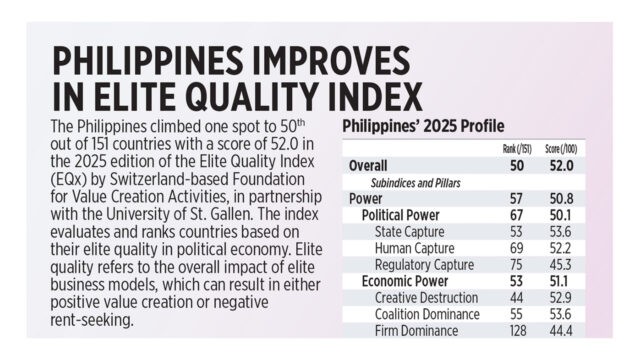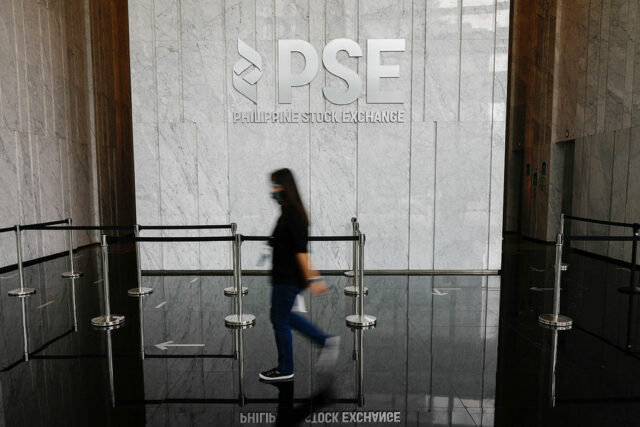As Israel continues to pound Gaza with airstrikes, killing scores of people a day, the two-month ceasefire that brought a halt to the violence earlier this year feels like a distant memory.
Israel’s overall military and political objective in Gaza hasn’t changed after 19 months of war: it is still seeking the absolute defeat of Hamas and return of the remaining Israeli hostages.
But it is unclear how Hamas will ever be militarily defeated unless there is a complete and unconditional surrender and the laying down of all arms. This appears unlikely, despite the success of Israel’s so-called “decapitation strategy” targeting the Hamas leadership.
And Hamas continues to hold an estimated 57 Israeli hostages in Gaza, of which up to 24 are believed to still be alive. The group is insisting on guarantees that Israel will end the war before releasing any more hostages.
AN ONGOING BLOCKADE FOR 18 YEARS
Israel announced Sunday it will allow a “basic” amount of food to enter Gaza after a nearly three-month blockade of the strip. It was not clear when or how the aid would resume amid “extensive” new ground operations the military said Sunday it had also just begun.
Israel first imposed a land, sea, and air blockade of Gaza in 2007 after Hamas came to power. These restrictions have severely limited the movement of people and vehicles across the border, as well as the amount of food, medicine and other goods that have been permitted to go into and out of Gaza.
These controls increased significantly after Hamas’ attacks on Israel on Oct. 7, 2023. They’ve been maintained at heightened levels ever since.
The January ceasefire temporarily increased the flow of food, medical aid and other support into Gaza. However, this came to an end in early March when Israeli Prime Minister Benjamin Netanyahu cut off aid again to pressure Hamas to extend the ceasefire and release more hostages. Hostilities resumed soon after.
The United Nations’ humanitarian efforts in Gaza have now come to a “near-standstill.” On May 13, Tom Fletcher, the UN emergency relief coordinator, addressed the UN Security Council, stating: “For more than 10 weeks, nothing has entered Gaza — no food, medicine, water or tents. […] Every single one of the 2.1 million Palestinians in the Gaza Strip face the risk of famine. One in five faces starvation.”
Israel denies there are food shortages in Gaza. It has said it wouldn’t permit any trucks to enter the strip until a new system is in place to prevent Hamas from siphoning supplies.
INTERNATIONAL LAW IS CLEAR
Both the 1949 Geneva Conventions and customary international law make clear: “The use of starvation of the civilian population as a method of warfare is prohibited.”
In addition, the Rome Statute of the International Criminal Court (ICC) makes starvation of civilians a war crime.
Under international humanitarian law, Fletcher noted, Israel has the responsibility to ensure aid reaches people in territory it occupies. However, Israel’s method of distributing aid, he said, “makes aid conditional on political and military aims” and “makes starvation a bargaining chip.”
WHAT HAVE THE COURTS FOUND?
International courts have not ignored Israel’s obligations on this front.
In November 2024, the ICC issued arrest warrants for Hamas leader Mohammed Deif (one of the masterminds of the Oct. 7 attack), in addition to Netanyahu and former Israeli Defense Minister Yoav Gallant.
In relation Netanyahu and Gallant, the ICC’s pre-trial chamber found: “there are reasonable grounds to believe that both individuals intentionally and knowingly deprived the civilian population in Gaza of objects indispensable to their survival, including food, water, and medicine and medical supplies.”
As Israel is not a party to the Rome Statute, there is no obligation on the government to act on the arrest warrants. Both men remain free to travel as long as they do not enter the territory of a Rome Statute party. (Even then, their arrest is not guaranteed.)
The ICC warrants will remain in effect unless withdrawn by the court. The arrest in March of former Philippine President Rodrigo Duterte highlighted that while ICC investigations may take time, those accused of crimes can eventually be brought before the court to face justice.
This is especially so if there is a change in political leadership in a country that allows an arrest to go ahead.
Meanwhile, the International Court of Justice (ICJ) is hearing another case in which South Africa alleges Israel has committed genocide against the Palestinian population in Gaza.
The case began with high-profile hearings last year when the court issued provisional measures, or orders, requiring Israel to refrain from engaging in any genocidal acts.
The most recent of those orders, issued last May, called on Israel to immediately halt its offensive in Rafah (in southern Gaza) and maintain the opening of the Rafah border crossing with Egypt to allow “unhindered provision at scale of urgently needed basic services and humanitarian assistance.”
These orders remain in effect. Yet, Rafah today is a “no-go zone” that Gazans have been ordered to evacuate. And Israel’s blockade of the strip and restrictions on aid and food entering the territory have clearly been in defiance of the court.
Late last month, the ICJ began hearings to form an opinion on Israel’s duties to allow aid to enter Gaza. Israel’s foreign minister, Gideon Saar, criticized the ICJ’s hearings as “another attempt to politicize and abuse the legal process in order to persecute Israel.”
The court’s advisory opinion on this issue is not expected for several months. A final decision on South Africa’s broader case may take years.
SO, WHAT CAN BE DONE?
Reflecting on the situation in Gaza, Fletcher observed at the UN: “This degradation of international law is corrosive and infectious. It is undermining decades of progress on rules to protect civilians from inhumanity and the violent and lawless among us who act with impunity. Humanity, the law and reason must prevail.”
Yet, while the Security Council continues to have the situation in Gaza under review, it has proven incapable of acting decisively because of US support for Israel.
The Biden Administration was prepared to use its veto power to block binding Security Council resolutions forcing Israel to respond to the humanitarian crisis. The Trump Administration would no doubt do the same.
However, as Duterte’s arrest shows, international law sometimes does result in action. The finding by another UN body last week that Russia was responsible for the 2014 downing of Malaysia Airlines flight MH17 over Ukraine in 2014 is another case in point.
As the Dutch foreign minister pointed out in that case, the finding sends a message that “states cannot violate international law with impunity.”
THE CONVERSATION VIA REUTERS CONNECT
Donald Rothwell is a professor of International Law at the Australian National University. He receives funding from Australian Research Council.















